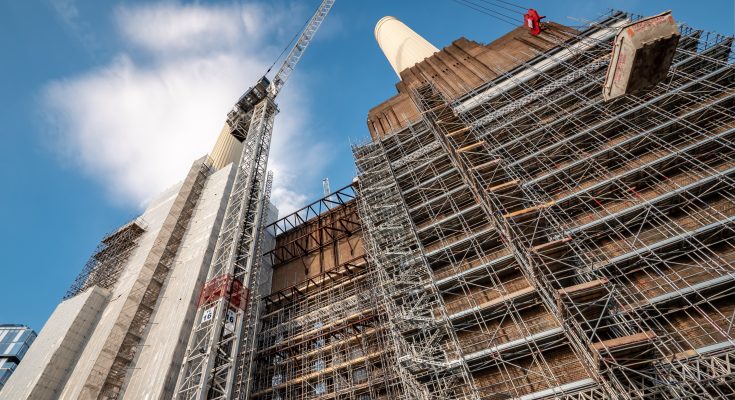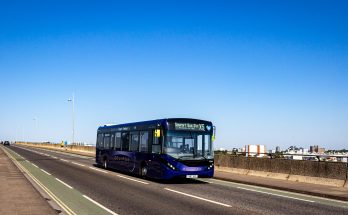Making buildings safe, including progressing the remediation of high-rise buildings with unsafe cladding and maintaining measures to ensure buildings are safe ahead of remediation, remains a priority for the government.
The Housing Secretary, Mayors and local leaders have made a pledge to support the continuation of vital building safety improvements during the coronavirus pandemic. Work should continue, with all the necessary safety precautions being followed, including 2 metre social distancing rules.
The government has now put in place additional project management support with construction expertise to help oversee remediation. The additional support will identify blockers to progress and work directly with those responsible for remediation to support individual projects. This new team will work with those responsible for remediation and the Department to understand the impact of COVID-19 on remediation projects and identify ways to reduce the impact on pace.
Construction industry
Construction sites have not been asked to close, so work can continue if it is done safely.
Employers should ensure their workers on-site are able to follow the public health guidance, and they should consider responsible arrangements for ensuring their workers can travel in line with this advice, such as through staggering site hours to reduce public transport use during peak periods. We will keep these arrangements under constant review and take any steps required.
It is, therefore, possible for construction work to continue in the current context. Those responsible for commissioning building safety work, such as the remediation of high-rise buildings with unsafe ACM cladding, and the construction companies undertaking the work, should consider how best to proceed and/or mitigate the risks arising from such work being paused.
To assist the industry the Construction Leadership Council (CLC) have provided further guidance on site operating procedures and how construction sites should operate safely during the COVID-19 pandemic.
The CLC has also published advice to industry on the temporary suspension of sites where this is relevant. We will update this page as further advice is produced.
When considering their position employers may also refer to the latest Public Health England guidance to employers on reducing the spread of COVID-19.
For further information go to the business support pages on GOV.UK.
Health and safety
The Department for Business, Energy and Industrial Strategy, in consultation with industry, has produced guidance to help ensure workplaces are as safe as possible.
The following guidance is for employers, employees and the self-employed to understand how to work safely during the coronavirus pandemic:
- Construction and other outdoor work – for people who work in or run outdoor working environments.
- Vehicles – for people who work in or from vehicles, including couriers, mobile workers, lorry drivers, on-site transit and work vehicles, field forces and similar.
- Factories, plants and warehouses – for people who work in or run factories, plants and warehouses.
Building safety work may use more than one type of workplace, and you may need to use more than one of these guides, as you think through what you need to do to keep people safe.
See the full list of health and safety guidance from the Department for Business, Energy and Industrial Strategy.
Revised guidance on waking watches and COVID-19
The National Fire Chief’s Council (NFCC) has produced revised guidance on waking watches within the context of COVID-19.
Building owners, managers, or responsible persons with any doubt about the suitability of a waking watch should please immediately contact the local Fire and Rescue Service (FRS).
The NFCC has also published revised protection arrangements to support Fire and Rescue Services.
Building safety and critical workers
Staff undertaking waking watch or other critical fire safety roles are providing vital public safety functions to keep homes safe. They may, therefore, be classified as critical workers for the purposes of childcare provision.
Please refer to the government’s guidance which states that if workers think they fall within the critical categories they should confirm with their employer that, based on their business continuity arrangements, their specific role is necessary for the continuation of this essential public service.
General COVID-19 guidance
For general information and further guidance on COVID-19, please refer to the government coronavirus guidance.
Image: Battersea Power Station redevelopment in London, UK by pxl.store / Adobe Stock


